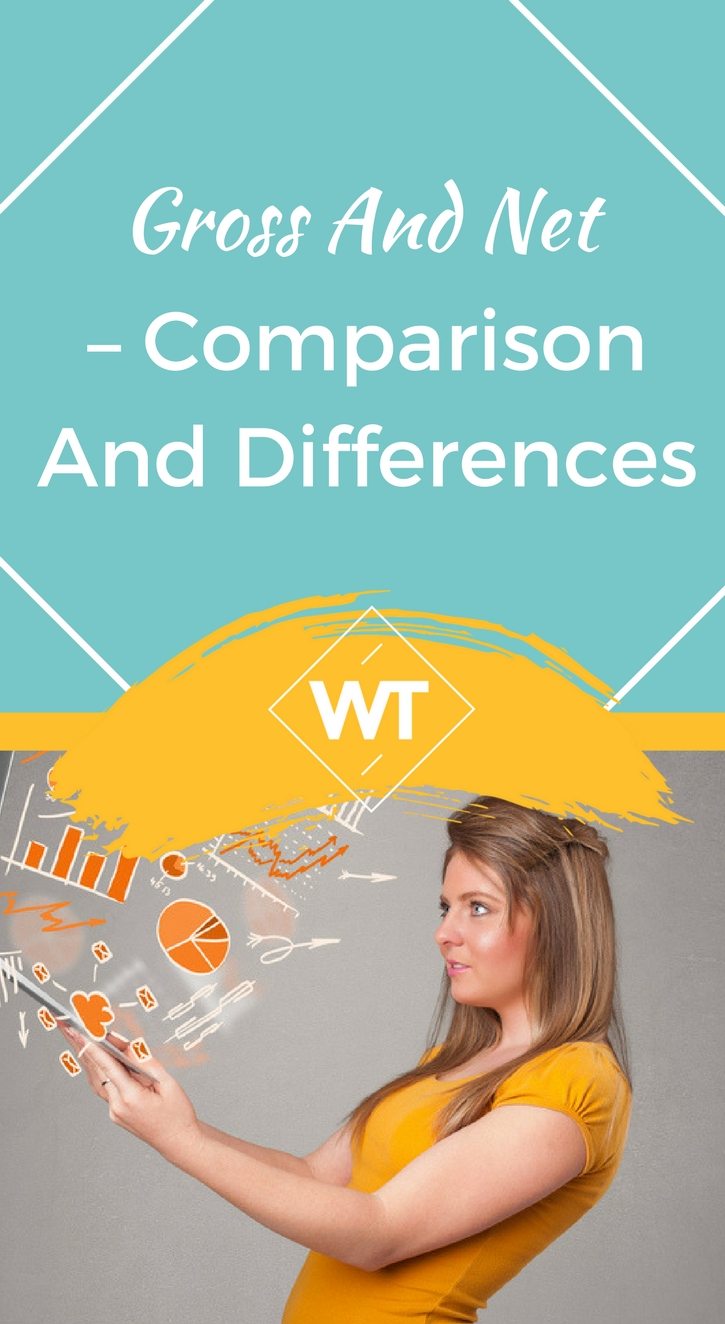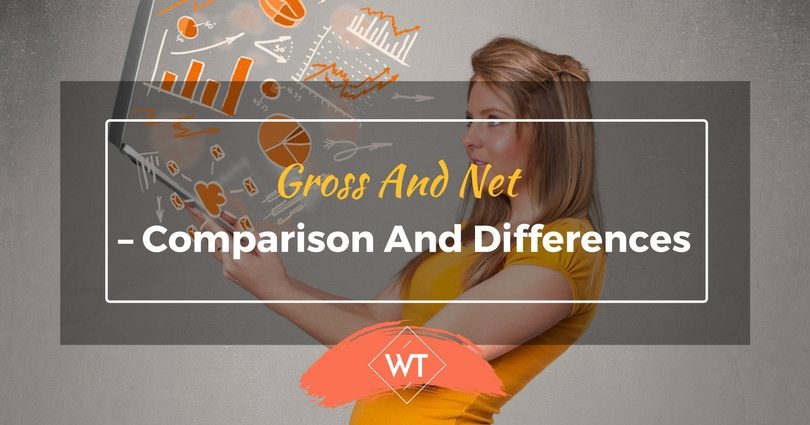Gross and Net – Comparison and Differences

Arun and his friend Jitin were having a discussion regarding their investments. But it was obvious from the conversation that Arun had no clue on gross and net (gross vs net) returns and was clueless on which investment yielded better returns.
Arun: Hey did you know that PPF rates have been hiked to 8.6% p.a. from this year? I have gone ahead and invested a lakh in it last week.
Jitin: Oh you mean our bonus money? Well, I heard about it, but I have taken up a more lucrative investment option.
Arun: Oh really? Where did you invest that amount?
Jitin: I opted for a portfolio management service by my banker who said about 15% returns should be easily achievable.
Arun: Really? That sounds quite attractive. Maybe I should also look at such an option. If you don’t mind can you give me the details of the product? I’ll have my financial planner review it and will opt for it.
Jitin: No problem, I have the fund name. You can note it down and check online; most of the details would be available there.
Arun: Thanks Jitin, I’ll see you soon.
Arun took the fund name and gave it to his financial planner Rakesh. After spending some time over it, Rakesh fixed a meeting with Arun to explain about the product.
Rakesh: Hi Arun, I have done my homework on the fund suggested by you and just thought of discussing it with you.
Arun: Yes, I was looking forward to it as well. I’m thinking of investing some amount in it.
Rakesh: Arun, let me first explain to you the concept of gross and net returns. There are a number of factors you need to consider before comparing returns.
What you are talking about is comparing 8.6% with about 15% returns, which are just “gross returns”. However, the right way to compare is “net returns” post all charges. i.e. the final amount payable to you.
For example, did you know that the fund your friend has chosen has a 1% entry charge? Also the fund management charge is quite high at about 2%, so virtually his returns would be down by 3% from the actual returns.
Arun: Oh really? So he would get around 12% or so?
Rakesh: Not exactly. Firstly the fund itself has only a projected return which is dependent on market conditions. The return could be 15% or 2% or even negative! That apart, his bank might also charge a certain amount as commission for it. This would not reflect in the fund value directly, but would be deducted from his bank account as advisory fees etc. So that brings down the real returns further.
Arun: I see, and then it is also taxable right?
Rakesh: Absolutely. There would be a security transaction tax for every purchase and sale which would bring down the profits surely, and if withdrawn prior to a year, he would be liable to pay 15% short term capital gain tax as well. Lastly, I would also like to inform you that most of these kinds of products also have a profit sharing ratio. So, the fund manager charges a certain percentage, for example 20% of your profits as his fees.
Arun: Wow, I didn’t know about all this. So what you’re saying is the returns would come down below 10% in this case?
Rakesh: That’s true. As against a PPF fund which has no brokerage, fees, taxation, loads etc. What you get is a clear 8.6% per year in hand. So do you really want to take the risk of equity investment for just a small percentage or two? I don’t think it’s the right option.
Arun: I’m sure it isn’t. No wonder I always take your expert advice in these matters. Thanks again Rakesh.
Rakesh: You’re always welcome, it’s never a problem.
Conclusion
So Arun had now got an understanding of how returns are to be compared on a net basis. He understood how to measure returns using gross and net returns. He made a list of items which are to be factored in to get the final returns figure.
1. Entry and exit loads for the fund.
2. Fund management charges.
3. Commissions/brokerages/advisory fees.
4. Profit sharing and other misc charges.
5. Taxation and its nuances.
He was now convinced that he had chosen the right option, and this new method gave him a better chance to compare investment options on a level platform.
The concept of gross and net (gross vs net) returns now made perfect sense to him. And Arun was a wiser and happier man with his new found knowledge.









Leave a Reply